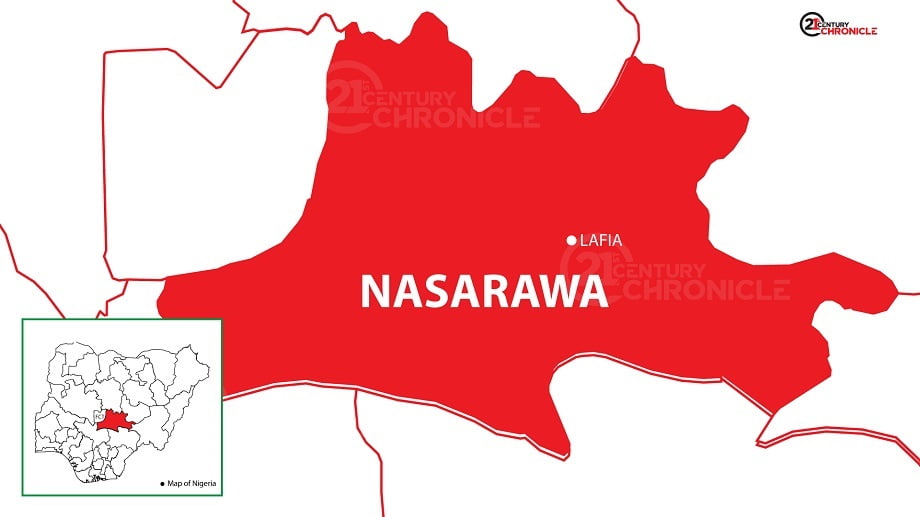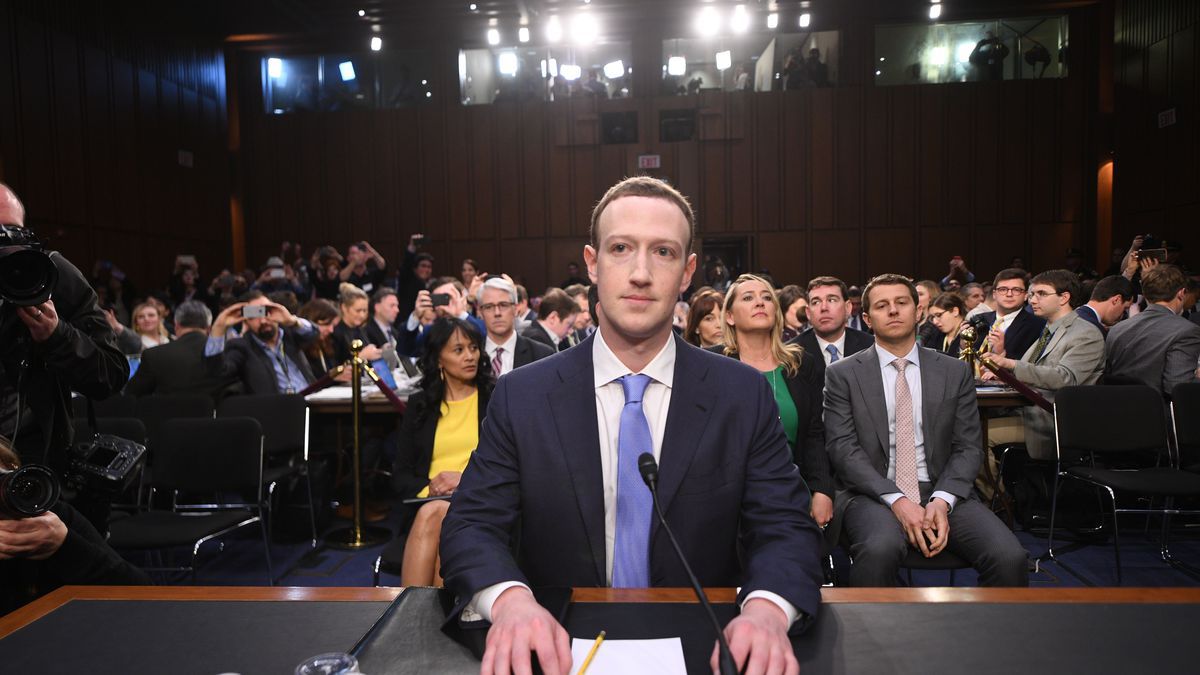The National President, Association of Mobile Money and Bank Agents in Nigeria, Victor Olojo, speaks to JOSEPHINE OGUNDEJI on the impact of the recent Central Bank of Nigeria’s cash withdrawal policy imposed on point of sale terminal operators
How would you describe the new CBN policy which has reduced cash withdrawal limits across all channels?
To start with, AMMAN as an association that recognises the effort of CBN in trying to fix the economy, drive down inflation rate, and put in place all necessary policies and mechanisms to ensure stability in the economy, particularly getting to the point of economic recovery, which is a good agenda. However, this new policy sets us back for certain reasons. Over the past decades, mobile money bank agents across the country have been putting efforts to drive financial inclusion. We have over 1.4 million mobile money and banking agents over the country who make a living in this job. We as an association have over the years tried to align with the objectives and goals of the CBN in terms of financial inclusion, and I can tell you that many agents across the country have committed decades of their lives to go into those local government areas where banks are not present to serve and deliver financial services. The efforts of many agents have yielded positive gains for the country. Right now, we have over 60 per cent of Nigerian adults who are already financially included, which was not the case a decade ago. In the long run, we feel really disturbed by this policy of the Federal Government because the policy would render over 1.4 million Nigerians jobless, inclusive of their dependants and employees. With the support we render to small businesses, I can assure you that if you do a little research by going to the marketplace, you would see clear agents on the impact of money agents across the market. We are doing so well that we have made life very easy and meaningful for Nigerians.
The CBN has said the policy will complement the naira redesign initiative, don’t you think PoS operators’ desire for a reversal of this policy will affect the naira redesign initiative?
Not at all, point of sale operators are under the aegis of the Association of Mobile Money and Bank Agents of Nigeria, are not calling for a reversal, we are only appealing for a review. When the stamp duty was introduced a few years ago, it had a blanket cover on all transactions, but when we appealed to the CBN, there was a review that led to an exemption from 0 – 10,000, there were no stamp duty charges, but for any transaction above 10,000, there were charges. So, our appeal to the CBN is that for mobile money agents in rural areas, particularly in locations where there are no banks, a limit of 20,000 should be reviewed for agents. We agents know ourselves, we know how to self-govern ourselves, we know those who are the real agents, and we are appealing to CBN to consider those of us who are accredited agents, and give us the opportunity to have something to help in serving Nigeria. Just to make it clear, we are not calling for a reversal, we are just calling for a review since agents are an extension of banks and cash is still dominant in our economy. We are appealing that agents have access to more money, the limitation of N20,000 via PoS, or N100,000 over the counter won’t enable us to do anything.
How will this new cash withdrawal limit affect PoS operators’ business?
It would affect operators because Nigeria is still a cash-dominant economy, and other alternative ways of payment have not been fully embraced. The rule of mobile money agents at this time is that we bridge the gap between the banks and the Nigerian masses. This new policy states that we can only withdraw a limit as an individual, what this means is that all I have in a week to do business as a mobile money agent is N100,000. This means I am practically out of business. In the year 2021, we did a cumulative of 6.4 trillion in terms of value on PoS transactions, this year we have exceeded 6.4 trillion within the first nine months of this year, what this means is that with this policy in place, we would not be able to meet the needs of Nigerians.
On your WhatsApp status, you noted that the policy is good but counter-productive, regressive, and derailing. What do you mean?
The true essence of the policy is very good, but the question is, is Nigeria as a country ready for this? What is the percentage of the population that has a bank verification number, national identity number, smartphones, or that have heard of mobile money and bank transfers? The point we are trying to make is very simple, while it is a good policy, this time, it is practically difficult for a policy like that to be fully actualised in its real and main essence. Hence, if the agenda of the CBN is to ensure that we go digital, then the next question is, what is the digital infrastructure we have as a country to support the financial flow? As we speak right now we are still battling with issues of electronic banking, we have a high rate of failed transactions, a high rate of declined transactions, we have a high rate of fraud in the system, we have a high rate of missing money without resolution, and high rate of Nigerians who have lost trust in the system because they have been defrauded or their issues were not resolved. So, we need to get some factors right first before diverting everybody into the electronic system.
PoS operators are planning a protest, what is the next line of action on this?
AMMAN is well registered, known to the CBN, and belongs to several financial committees, however, we do not believe in protest, what we believe in is dialogue and appeal to the regulators.
Does that mean that the protest is no longer scaling?
No, we are not taking protest off the table, the point we are making is that at AMMAN we believe that the CBN ably led by Godwin Emefiele has listening ears and they would listen to the appeal of over 1.4 million Nigerians and their dependants, employees, and families tied to them to help find a way of concession for mobile money agents. However, if our pleas are not considered and the CBN policy is not reviewed, then we would have no choice but to express our worries to step out and appeal to the president on a protest and those who would probably listen to us if we cry out. Hence, we will be protesting against this new policy because it takes our livelihood away from us.
Sequel to reports that the unemployment rate is at 33 per cent, do you think this new policy which could affect PoS business may worsen the unemployment rate?
Absolutely, it is very clear that this policy will worsen the unemployment crisis in Nigeria. It is not as if we would not continue to exist, but if all a PoS agent has at this time is N100,000 for business, and he has to manage that for a week, what profit can he make? Maybe we should remind the regulators how crowded the automated teller machines’ location is and let them know that sometimes technology fails. There is something called population density in telecommunications, there are times you go to highly populated places like a market, and your network stops functioning, and you need to make instant transactions, the cash becomes the solution.
CBN has said PoS operators can utilise the exemption in the circular by applying for N5m in a month for individuals and N10m in a month for corporate bodies. This is subject to processing fees of 5 per cent and 1 per cent respectively. Do you think this will be good for PoS operators?
The reality of this is that the cost would eventually be transferred to the poor, and those at the base of the pyramid. Hence, our appeal is that PoS agents should register through their principals and be given some measure of concession to cover up for periods where technology fails.
In addition, number five of the CBN policy circular stated that the maximum for PoS withdrawal per day is N20,000, this needs to be revised. If a PoS transaction is restricted to just N20,000, then there would be a lot of problems and very worrying. If the capacity of agents can be reviewed to N100,000 daily, that would make a whole lot of sense.
What solution do you proffer for CBN to consider, while implementing this policy sir?
We do not expect CBN to rule out the policies, mobile money agents should not be treated like an outcast, which is neglecting the efforts of agents, as agents have contributed immensely to the Nigerian economy. In implementing the policy, there should be allowance for issues of adoption, and room for flexibility. Also, mobile money agents should be allowed to render coverage for those times when there is a technology failure.
How would this policy impact the coming elections for the operators?
Many have insinuated that the reason this policy is coming up at this time is because of the forthcoming election, but in reality, there is no way mobile money agents would be complicit because we have principals who are regulated and licensed by the CBN, so an agent cannot individually carry out transactions without doing it on the platform of the principal. So, regarding the election and the impact of this policy, I don’t think agents or operators would be used as channels because everything is properly done under the scrutiny of the CBN, and agents are also being monitored.
But with the rampant alleged fraudulent activities stating that agents are helping with defrauding their customers, do you think this policy would help curb it?
I do not think this policy would entirely curb it, because fraud also exists in the core banking system. We have several things happening in the banking system where people have their money drained, so the reality is that this policy does not necessarily sanitise fraudsters in the agency banking, For fraudsters, the Association of Licensed Payment Operators and AMMAN are working together to ensure that we get rid and flush out fraudulent PoS operators who are operating in the system without due accreditation by their principal.




